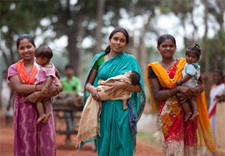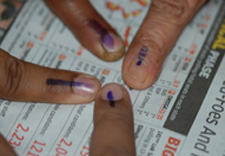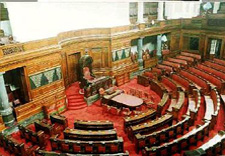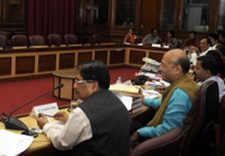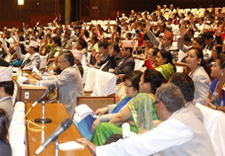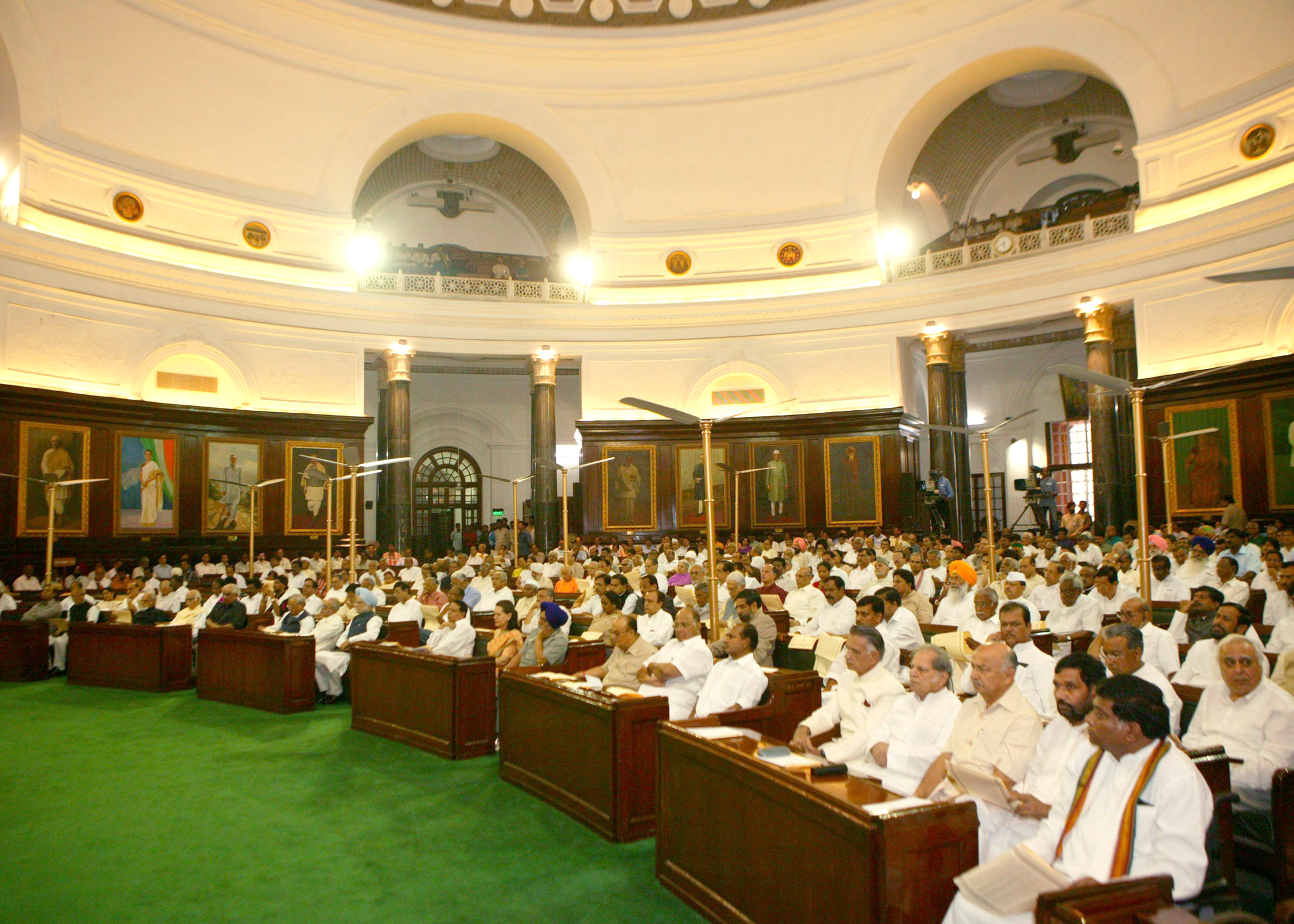TB is India’s ticking time bomb
Tuberculosis or TB is undoubtedly one of India’s biggest health crises. It kills almost 1000 Indians everyday and 3 lakh every year and causes India economic losses close to $ 23.7 billion annually. Yet it occupies very little space in the imagination and discussions of our political class. Most MPs think that TB is nothing more than a debilitating disease that needs treatment. Unfortunately, life for millions of TB patients is far more complex, filled with suffering. From the time a patient begins coughing to the time they are appropriately treated can be months, sometimes years, or even never. Since TB is airborne, a TB patient if left untreated can infect 15-20 people on average every year feeding the epidemic.
India is the TB capital of the world. Yet we often miss its relationship to human suffering, poverty and consequently development. TB is a leading cause of poverty pushing families into debt and devastation. It particularly affects women and children leading to lakhs of women being abandoned and a larger number of children being pushed out of schools.
Deepti, 32, a Mumbai resident spent 6 years struggling with Multi Drug Resistant TB - a more dangerous form of TB where a patient grows resistant to several of the drugs used to treat TB. By the time she got accurate diagnosis her case had become critical. “I had accepted this was my life. Every day was painful and a struggle”, says Deepti, one among the 100,000 cases of MDR TB India is believed to have, and thousands remain still undiagnosed and untreated.
Much like Deepti, most patients in India first seek care in India’s vast but unregulated private sector. The public sector is rarely an option with its long waiting times, inflexibility, poor quality of treatment and rampant corruption. The private sector though convenient is expensive and exploitative with extensive misuse of diagnostics and drugs. By the time patients receive an accurate diagnosis and treatment their case might deteriorate and become drug resistant.
It is time our MPs work up and address this critical health issue. A recent open letter put together by important experts and endorsed by leading citizens (including Aamir Khan, Adi Godrej, Aruna Roy and MS Swaminathan among others) put forward some key suggestions on TB management to the Prime Minister's office. This could be a useful starting point for our MPs to address TB in India.
Our MPs can do much within parliament, in their parties and as public spokespersons for TB patients. They must urge the government to provide free and accurate diagnosis and treatment to every single patient whether in public or private sector. The government also needs to provide all TB patients with an upfront Drug Susceptibility Test, to rapidly identify all forms of drug resistant TB. The government must also be urged to consider introducing, new drugs that have the potential for curing even the most resistant TB strains.
Political stakeholders also need to engage on issues of prevention, community engagement and empowerment nationally and locally. We need comprehensive multi-media campaigns to ensure awareness of TB and help fight stigma with strong regional focus.
TB in India will never be controlled without participation from the private sector. MPs must learn from innovative experiments currently underway where local city governments in Mumbai, Patna and Mehsana, Gujarat have transformed how TB is diagnosed and treated by working together with the private sector. This can be replicated in their constituencies and states.
Finally, let us look into the patients’ needs. Nutritional supplements are needed for all TB patients with low body weight and those below the poverty line. Similarly, economic support programmes for TB patients and their families, during the treatment period to avoid further impoverishment, are critical.
Yet, none of this will be possible until MPs stand united inside and outside parliament and lead public discussion on policy-making regarding TB demanding more resources, new diagnostics, drugs and schemes for patients. It’s important they raise these issues in parliament and with the private sector. At the same time try and learn and implement innovations in their local contexts. If not, TB will continue to be India’s ticking time bomb – and patients will continue to suffer and die of a treatable disease.
(This article was originally published in the IMPF Newsletter, Budget Session Issue: Feb-May 2015)
Chapal Mehra
Public Health Specialist and independent writer


 13 March 2016
13 March 2016  0 Comments
0 Comments Updated News
Updated News